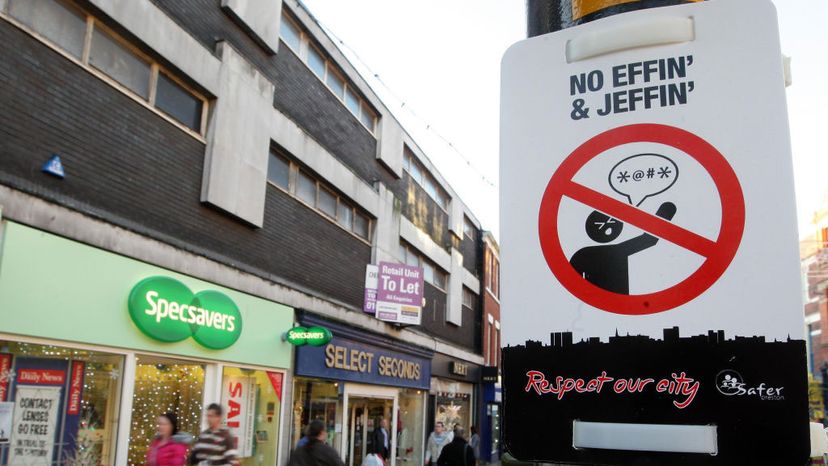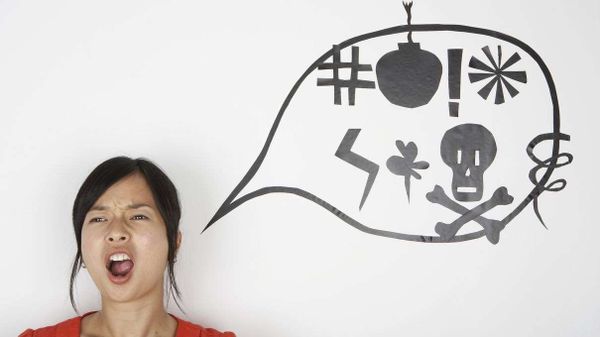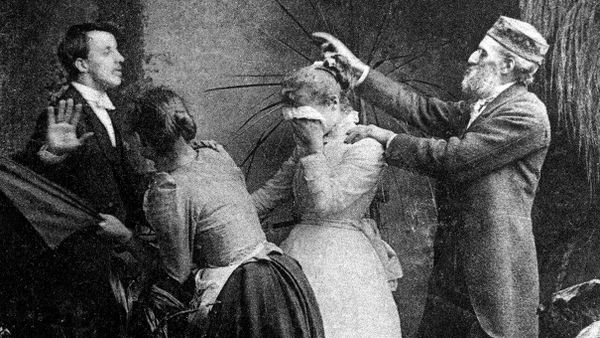
Key Takeaways
- Previous generations used to swear differently than we do now, with phrases like "Son of a Gun" and "Dadgummit" that seem tame by today's standards.
- "H-E-double-hockey-sticks" was a clever euphemism for "hell," while "Sam Hill" was another way of saying the same without actually saying it.
- "Tarnation" originated from "damnation" and "eternal," serving as an old-timey curse word with religious undertones.
Grandma and Grandpa might seem awfully buttoned-up, but back in the day they could curse like crazy, too. The thing is, they used different words and phrases, all of which seem tame by today's standards, but at the time probably infuriated their parents and grandparents with their saucy nature.
Advertisement

